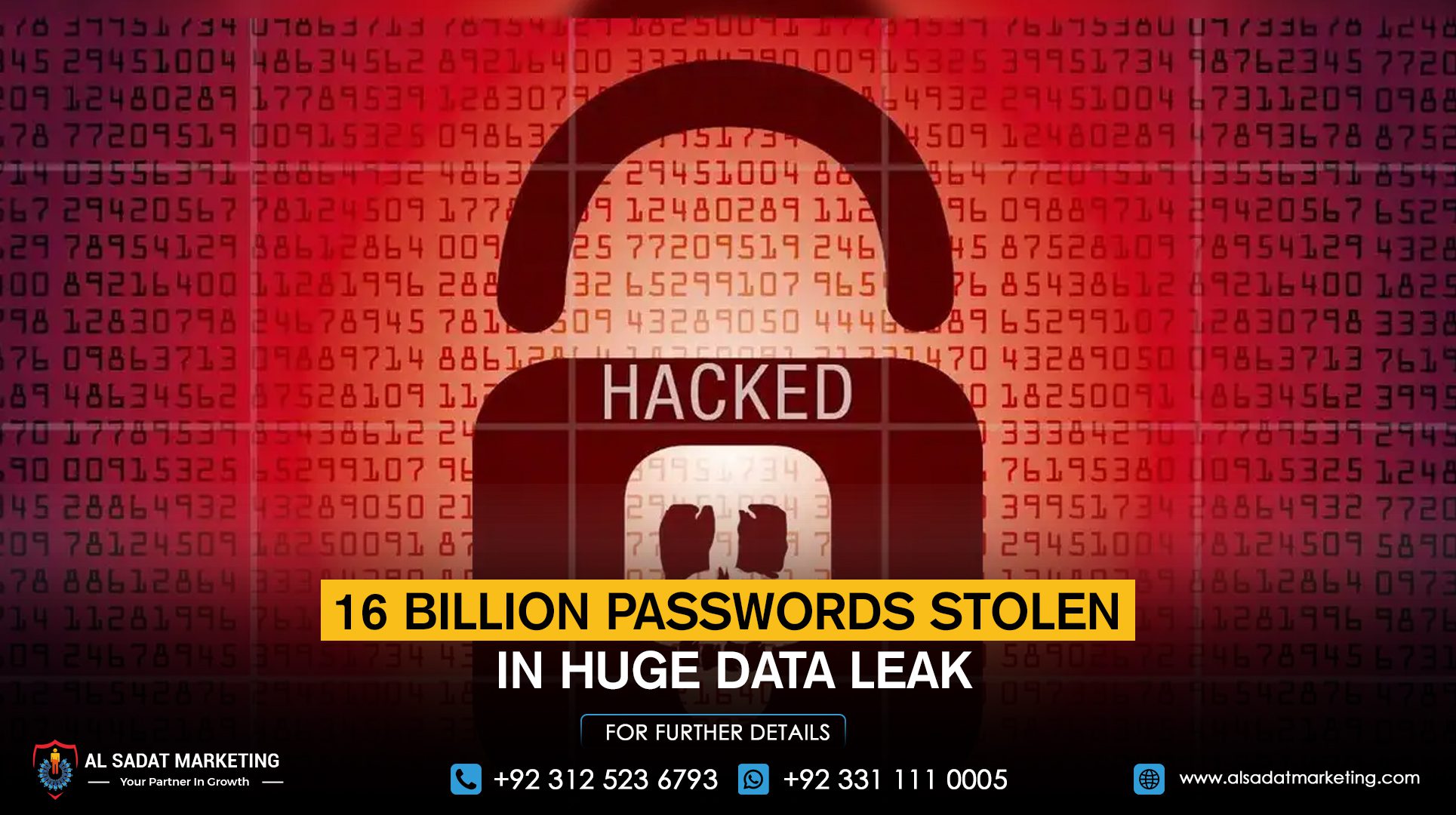Nearly 16 billion login credentials have been made public online in what cybersecurity experts are calling the biggest breach of its kind to date. This compromise affects user accounts on major international tech platforms such as Apple, Facebook, Google, GitHub, Telegram, and various government services.
Researchers at Cybernews discovered the breach, which was first made public earlier this year but has since been verified to contain a vast array of never-before-seen datasets.
At least 30 distinct datasets were found, each holding tens of millions to over 3.5 billion entries, according to Vilius Petkauskas, the investigation’s chief researcher. This brings the total number of compromised credentials to an astonishing 16 billion.
The researchers cautioned that this current treasure trove is primarily made up of “fresh, weaponisable intelligence at scale” rather than previously recycled breaches, adding that “this is not just a leak — it’s a blueprint for mass exploitation.”
Also read: Water Conservation Efforts in Lakeshore City
According to reports, the credentials consist of usernames, passwords, and email addresses organized in ways that make them easily accessible to fraudsters for identity theft, phishing, and mass account takeovers. Sadly, a large number of the records were connected to active accounts on official government portals, developer platforms, VPN services, and social media.
Industry-wide issue
Leading password management company Keeper Security said in a statement in response to the hack that the disclosure “underscores the urgent need for consumers and organizations to adopt stronger authentication methods.”
Global cybersecurity is seriously threatened by this degree of data exposure. The company’s creators told the media, “It provides malevolent actors with a direct path into people’s digital lives.”
Google has been pushing users away from password dependence in recent months, echoing the FBI’s earlier recommendations to avoid clicking on dubious SMS links and to switch to more secure authentication methods like passkeys.
A Historic Breach
Prior data breaches, such as the 184 million password database that was made public only a few weeks ago, pale in comparison to this disclosure. According to experts, the credentials were gathered through a concerted effort by several infostealers, which are malicious software programs made to retrieve user information from compromised machines.
“These are more than just traces of past leaks. The size and recentness of the data validate that, if immediate action is not taken, this breach may allow for widespread account intrusions, the researchers stated.
According to reports, the dataset had a standardized format that listed the source URL along with the corresponding account and password, making it very usable for automated attacks.
Actions that users can take
Experts in cybersecurity have recommended that customers do the following right away:
All online accounts should have their passwords changed, especially if the same one has been used on several sites.
Whenever feasible, turn on two-factor authentication (2FA).
To generate and keep track of complicated, one-of-a-kind passwords, use password managers.
Keep an eye out for any unusual login attempts or password reset notices, among other questionable activities, on online accounts.
It is also recommended that people and organizations use trustworthy web resources like Have I Been Pwned or Cybernews’ Leaked Credential Checker to determine whether their credentials have been compromised.
The need for preventive measures and collective awareness is emphasized by experts as the digital landscape grows more susceptible to sophisticated cyberattacks.
“This is about protecting entire digital ecosystems, not just about privacy,” Petkauskas said in closing. “The data is current, the threat is real, and now is the time to take action.”










